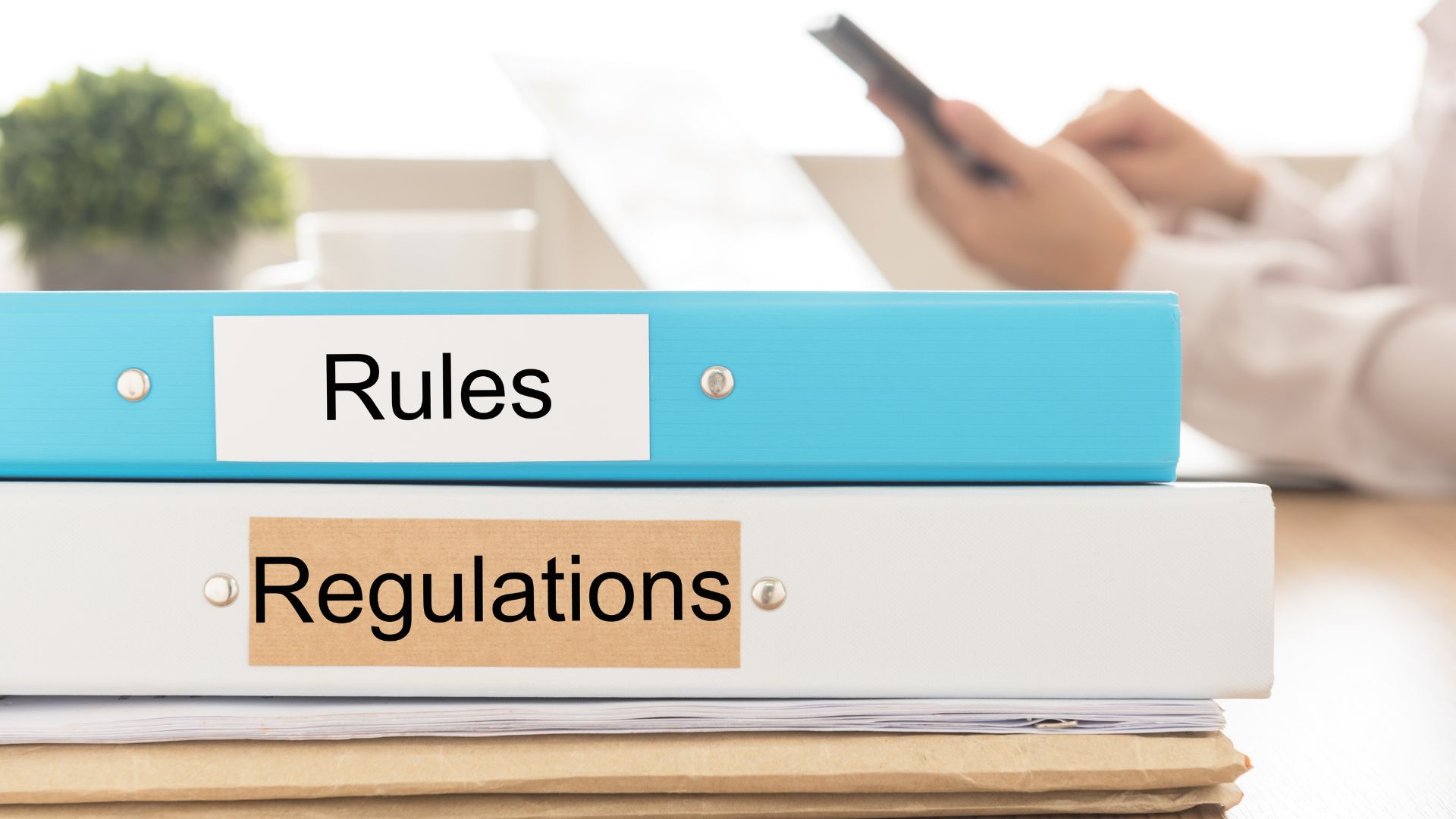Palm Beach, United States Airbnb Rules & Regulations
Last updated on: 19th September, 2024


Last updated on: 19th September, 2024

As of 2024, Palm Beach County, FL, has established specific regulations governing short-term rentals, including those offered through platforms like Airbnb. Here’s a brief overview of the key regulations to be aware of for operating a short-term rental in this area.
A short-term rental is defined as any dwelling unit rented for periods of less than 180 days. This encompasses various types of accommodations, including vacation rentals and traditional Airbnb listings.
Short Term Rental License: Property owners must obtain a Short Term Rental License for each rental unit. To apply, owners need to submit an application, pay a fee (ranging from $245 to $1,545 depending on the property's specifics), and provide documentation including proof of ownership, liability insurance with a minimum of $1,000,000 coverage, and a fire safety inspection report.
Responsible Agent: Each short-term rental must designate a responsible agent available 24/7 to address any complaints or emergencies.
Tourist Development Tax (TDT): Hosts are required to collect a 6% TDT from guests, which must be remitted to the county. A Tourist Development Tax account number is needed, alongside a Business Tax Receipt (BTR) number for each listing.
Short-term rentals must comply with local safety and building codes, which are confirmed through mandatory inspections for smoke detectors, carbon monoxide detectors, and fire extinguishers. This ensures the safety of guests staying in these properties.
The county has set occupancy limits for short-term rentals, allowing a maximum of two people per bedroom plus an additional two people per rental unit, capping at 12 total occupants.
Accessory dwelling units (ADUs), duplexes, and multi-family homes can also be registered as short-term rentals, provided they comply with the same licensing and regulatory requirements.
Short-Term Rental Licenses are valid for one year and must be renewed annually with the same associated fees.
Currently, Palm Beach County imposes no specific zoning restrictions on short-term rentals, as long as properties adhere to safety and building code compliance.
Hosts must also check for any additional rules or regulations set forth by local homeowner associations or property management entities, as these can influence the operation of short-term rentals.
In summary, while operating an Airbnb in Palm Beach County presents opportunities for earning income, it is crucial for property owners to navigate the licensing procedures and comply with all local regulations to ensure that their rental practices are legal and responsible. For more details, hosts can consult with the Palm Beach County Zoning Division or relevant tax authorities.